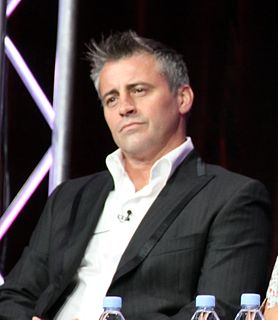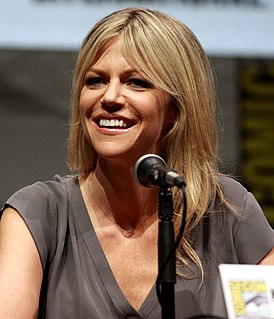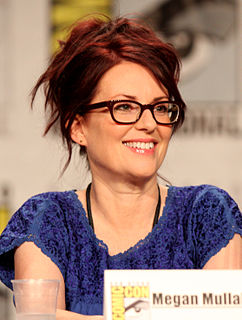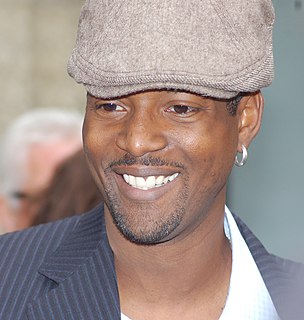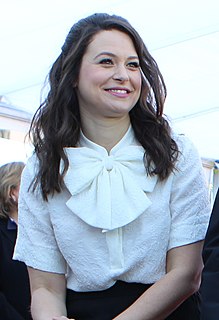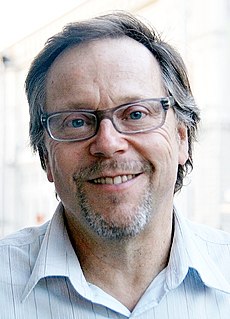A Quote by Matt LeBlanc
The majority of my background is multi-camera format, which is very broad and a very arch perception of reality. Whereas single camera tends to be more truthful and a little more intimate of a medium.
Related Quotes
The majority of my background is multi-camera format, which is very broad and a very arch perception of reality. Whereas single camera tends to be more truthful and a little more intimate of a medium. Friends was an education in intelligent comedic banter; in intelligent vernacular. It was an education in scene study. It was an education in group dynamic. I came out of there with a masters degree in comedy.
Once a photographer is convinced that the camera can lie and that, strictly speaking, the vast majority of photographs are camera lies, inasmuch as they tell only part of a story or tell it in distorted form, half the battle is won. Once he has conceded that photography is not a naturalistic medium of rendition and that striving for naturalism in a photograph is futile, he can turn his attention to using a camera to make more effective pictures.
I invented a camera that has an exposure time of one hundred years and the camera works in the simplest possible terms, because anything more complicated is more likely to break down in one way or another. It's a pinhole camera that lets in very low light and instead of exposing film, which is going to spoil within a matter of days or weeks, I'm using ordinary black paper.
Film, television, and working with a camera is such an intimate art form that if a camera is right on you, and I've got your face filling the screen, you have to be real. If you do anything that is fake, you're not going to get away with it, because the camera is right there, and the story is being told in a very real way.
